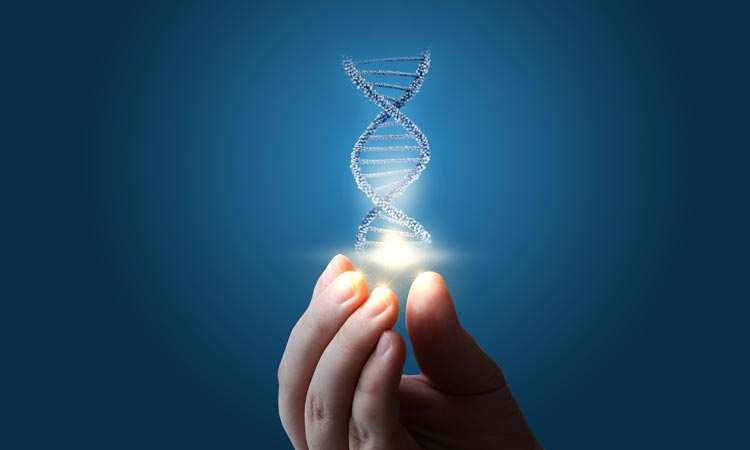Discover your own keys to reducing stress
Imagine attending a meditation class, taking a long walk in nature, getting a deep tissue massage or receiving a great psychotherapy session. You feel great afterwards. Yet that subjective feel-good sensation isn’t simply a psychological and emotional event. It’s a biochemical one too.
Positive experiences trigger the expression of certain genes inside our bodies. They regulate our stress genes, such as those that code for adrenaline and cortisol. Similar to dialing down the light level in your room with a dimmer switch, they dial down the level at which those genes are expressed.
The new science of epigenetics studies these changes. Epigenetic influences turn genes on or off from outside the cell and even from outside the body. In this way, that feel-good experience is an epigenetic intervention, similar to the way a drug suppresses your stress hormones.
While we know generally that such epigenetic changes are happening in response to positive experiences, researchers are now developing the ability to measure exactly which genes are affected, and to which degree.
A remarkable new pilot study published in the peer-reviewed journal Energy Psychology examined the gene expression levels of four people. To establish a baseline for their gene expression, they first received an hour of a placebo, a non-therapeutic social interaction.
A week later, they received a therapy session using EFT (Emotional Freedom Techniques). EFT combines elements of cognitive and exposure therapy with acupressure, tapping on acupuncture points. Over 100 scientific studies of EFT has found that it’s effective for PTSD, phobias, anxiety, depression and pain.
Treatments take as little as one session, though for serious mental health issues like PTSD five to ten sessions may required to produce full rehabilitation. EFT is described in The EFT Manual, by Dawson Church, and is used by over 10 million people worldwide. The researcher, therapist Marjorie Maharaj, found that EFT produced changes in the expression of 72 genes.
The functions of these genes is fascinating. Among them are: the suppression of cancer tumors, protection against the sun’s ultraviolet radiation, type 2 diabetes insulin resistance, immunity from opportunistic infections, antiviral activity, synaptic connectivity between neurons, creation of both red and white of blood cells, enhancement of male fertility, building white matter in the brain, metabolic regulation, neural plasticity, strengthening cell membranes and reducing oxidative stress.
This was the first psychotherapy trial to use DNA collected via saliva samples, instead of a blood draw. This is an important distinction because saliva sampling is non-invasive and relatively simple. A parallel study of EFT in veterans with PTSD used blood sampling and discovered changes in key genes. Like the Maharaj study, it found inflammation markers being dialed down, and immunity markers being dialed up, showing that EFT is an effective epigenetic intervention. The same research team earlier found that EFT regulates cortisol.
While being able to determine exactly which genes have been affected by an experience – and to what degree – might seem like science fiction, it’s already a reality. This type of research is still very expensive to conduct. As it proliferates, costs will come down.
When your doctor, nurse or psychotherapist is able to determine your gene expression using a simple saliva swab, a whole new level of personalized medicine will become possible. You might find out that a combination of yoga and EFT regulates your stress genes. You might discover that living in the country rather than in the city produces a positive epigenetic effect.
In this new era it will be possible to draft highly personalized routines for a single individual. We’ll be able to prescribe regimens that include exercise, diet and stress-reduction methods such as meditation and EFT, and we’ll be able to fine-tune them using saliva testing. Goodbye, guesswork. Hello, individualized genetic testing. Welcome, better health!
“Personal Epigenetics: A New Era in Health and Medicine” by Dawson Church was originally published on Huffingtonpost.com.



